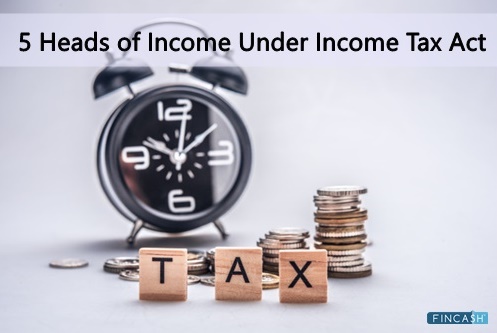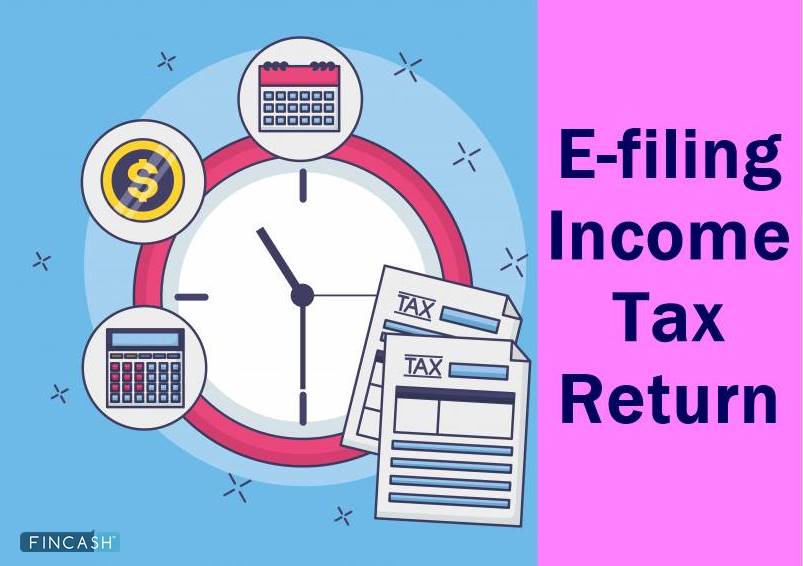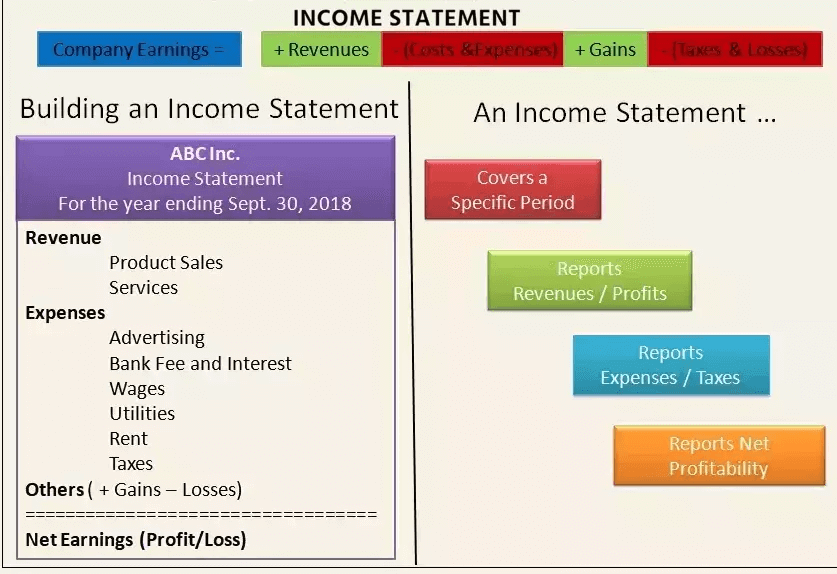Income in Respect of a Decedent
What is Income in Respect of a Decedent?
Income in respect of a decedent (IRD) refers to income that is untaxed. It refers to decedent earning the right to receive the income for a lifetime. It Income in respect of a decedent is taxed to the beneficiary of those inheriting the income.

However, this also calculates the decedent’s estate for federal estate tax purpose. This could draw a double tax hit. However, the beneficiary may be able to take a tax Deduction from the estate paid on IRD. Then the beneficiary should declare IRD as an income for a year in which the individual has received it. IRD will be taxed in a manner that the decedent is still alive. Uncollected compensation would be taxed as ordinary income and Capital gains would be Capital Gains even during the year it’s been received. Income in respect of a decedent is also any income from sales commissions to IRA distributions owed to the decedent at the time of death.
Talk to our investment specialist
Important Points about Income in Respect of a Decedent
Income in respect of a decedent is defined in IRC section 691. The types of income are mentioned below:
- Commissions
- retirement Income
- Sick Pay
- Vacation Pay
- Bonus
- Wages
- Salaries yet to be collected
- Rent yet to be collected
Other sources also include:
- Crops payments
- Interest and dividend accrued
- Accounts to be received from the sole entrepreneur
- Property sale gain
- Compensation to be deferred
- Stock option plans
All efforts have been made to ensure the information provided here is accurate. However, no guarantees are made regarding correctness of data. Please verify with scheme information document before making any investment.












